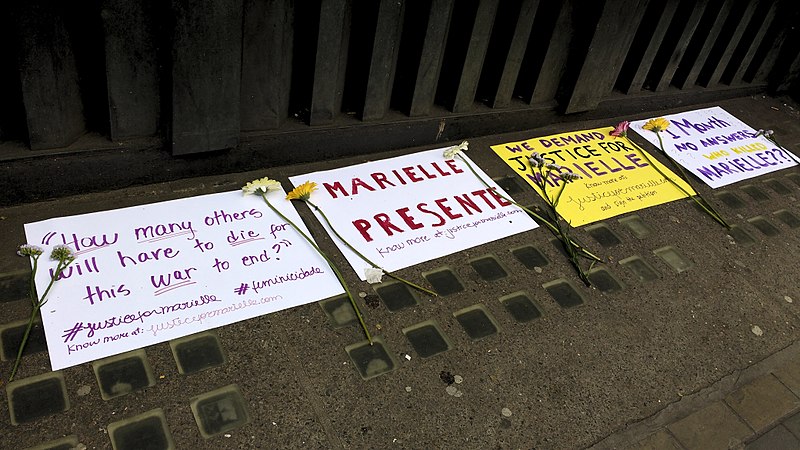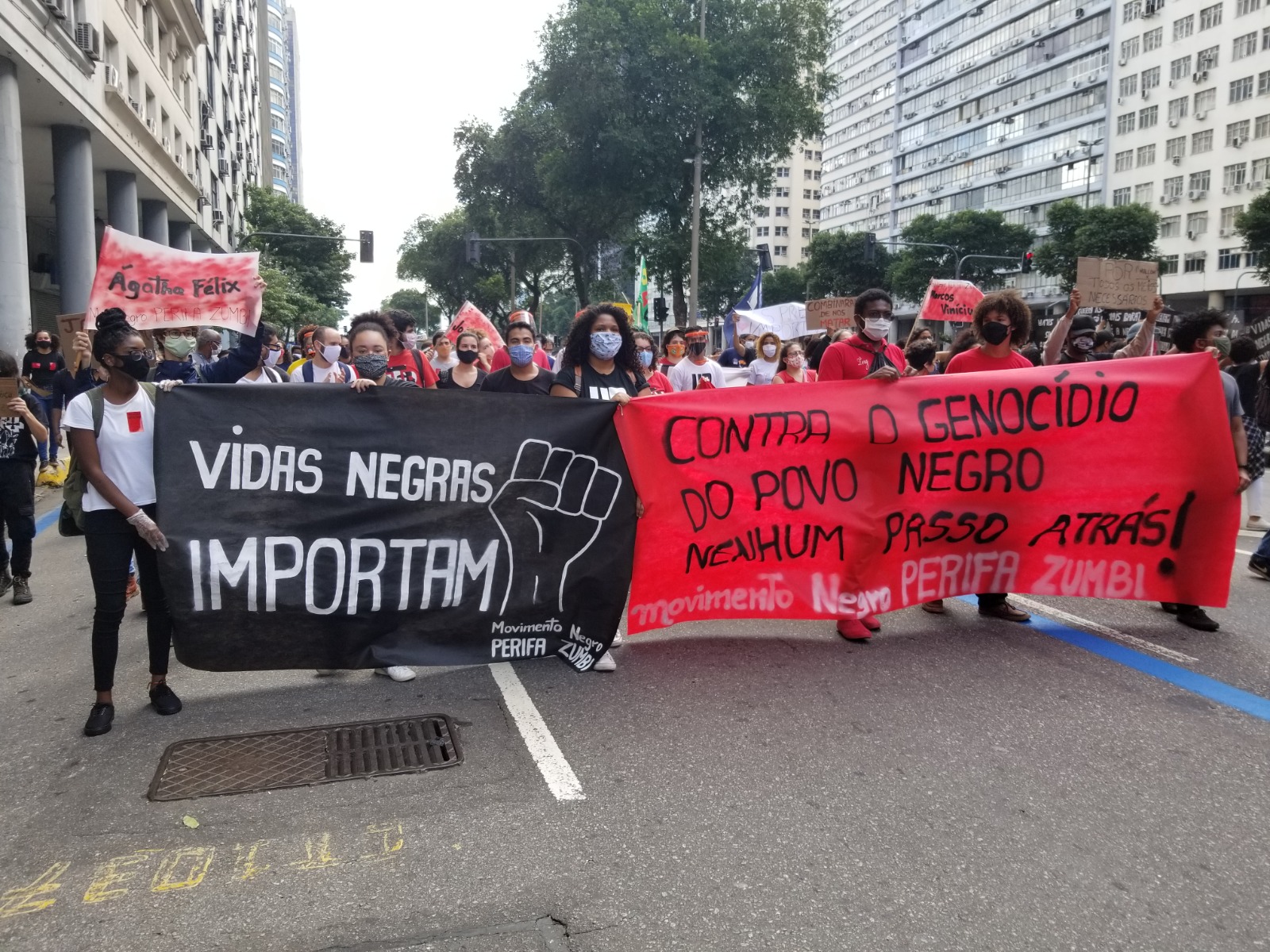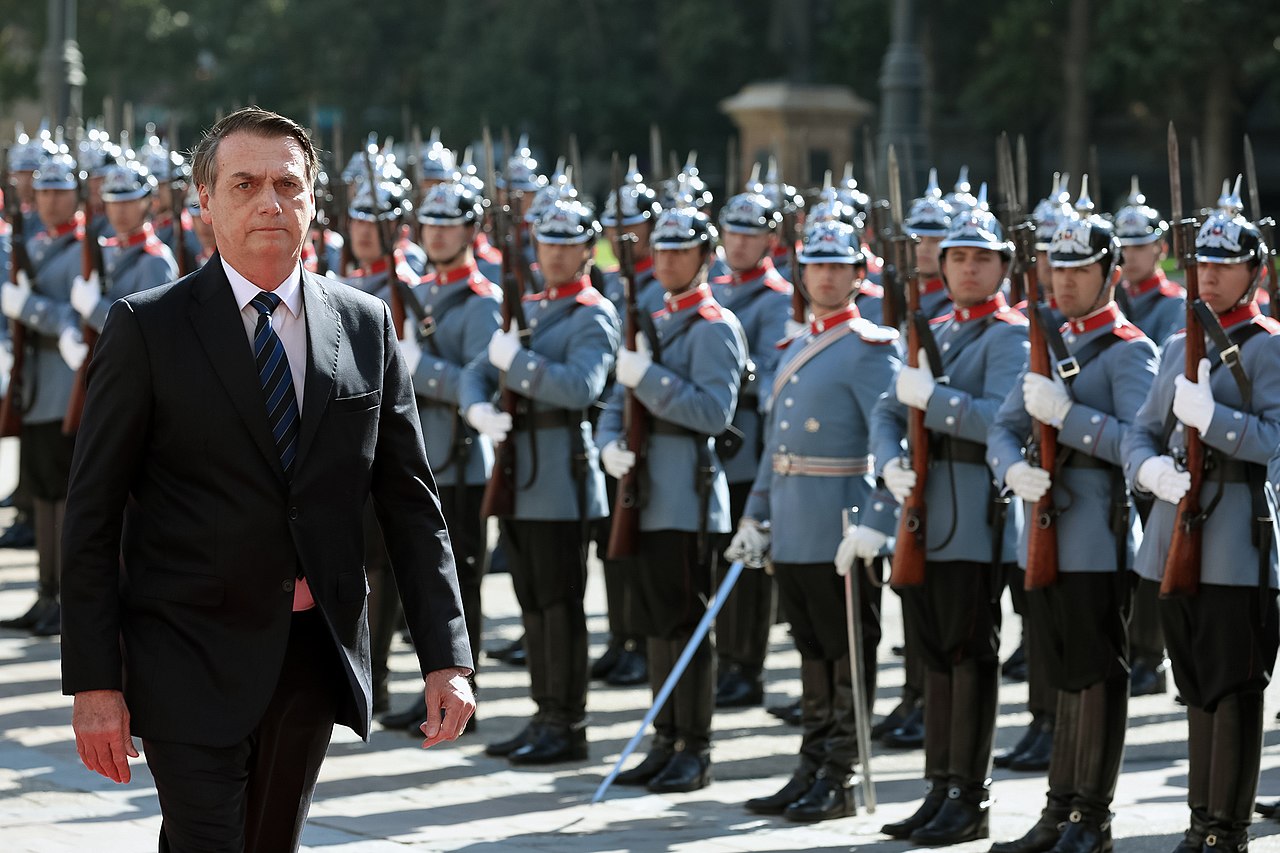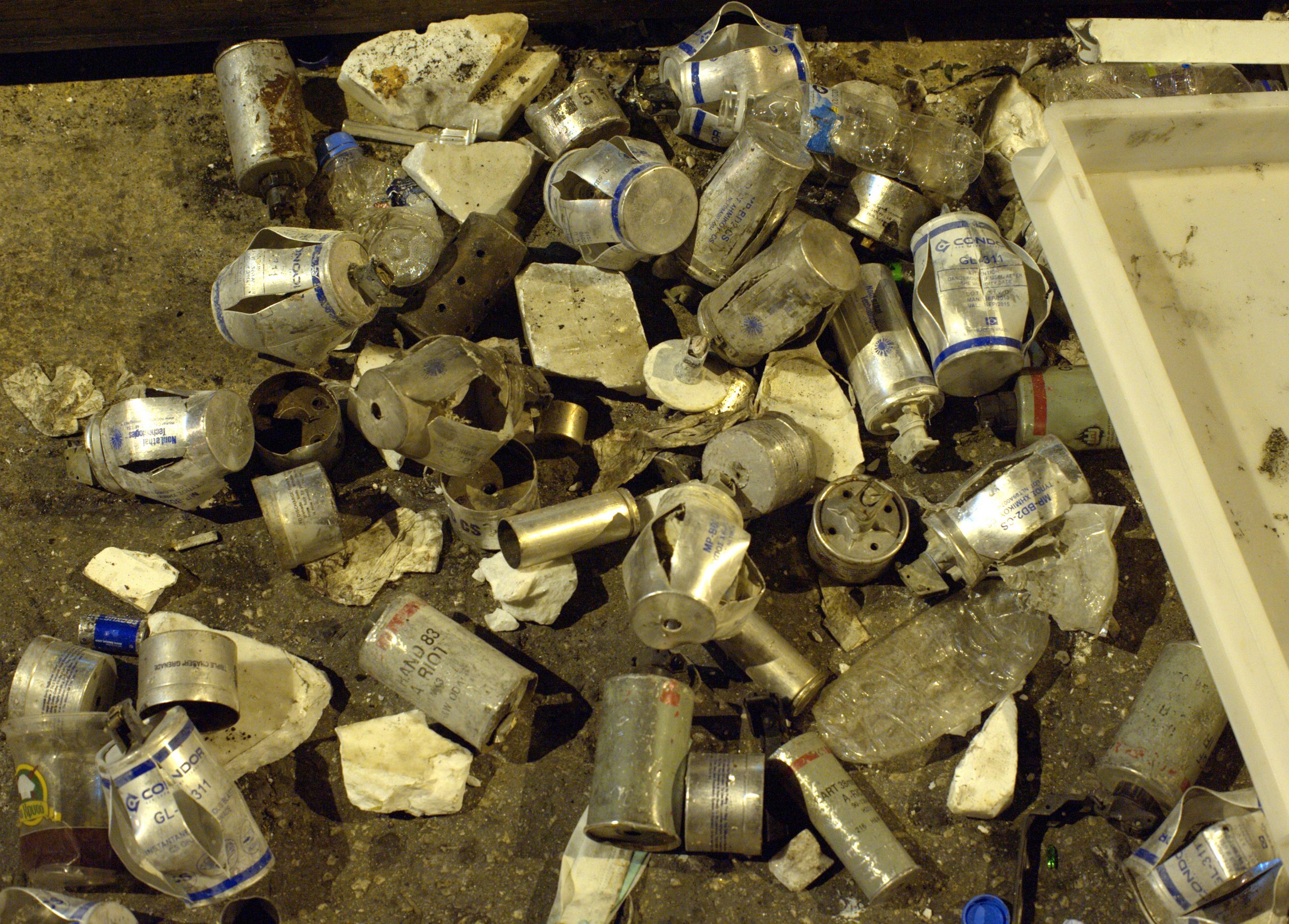Violent repression in the Favelas
Between gangs, militia, and police
Many poor, urban communities in Brazil, especially the Favelas of Rio de Janeiro, have for many decades been subject to severe armed violence at the hands of drug gangs, paramilitary militias formed in opposition to these gangs, and the police and armed forces.
During January – November 2018, police in Rio de Janeiro state killed 1,444 people, a new record, and a 39% increase from the same period in 2017. While some of these killings may be self-defence against armed gang members, many of the killings are extra-judicial executions, and many of the victims unarmed civilians.
These killings come in the context of a militarized state response to problems of armed violence that has relied almost entirely on armed repression, rather than the provision of key services. As Rio journalist and activist Gizele Martins told Huffington Post,
“In our history, we’ve had one soldier for every 55 inhabitants, but we never had a doctor or a teacher for every 55 inhabitants”.
Military control
In February 2018, then-President Michel Temer gave control of security in Rio State to the military rather than the police. This move threatens to escalate the violence and repression, and worsen the human rights situation.
The army has been brought in on a number of occasions to conduct raids and military operations against drug gangs in the favelas in the past, but the decision to place the military in overall control of security in a state is unprecedented. Previous military raids have involved the killing of numerous civilians, and while they may have achieved short-term objectives of suppressing gang activity, they have done nothing to bring long-term security or justice to these communities.
Along with the police and criminal gangs, there has been increasing violence from armed militias. While supposedly formed with the intention of fighting drug gangs, and initially welcomed by many in the affected communities, the militias have become at least as much as a threat to the safety of ordinary residents as the gangs themselves, They often work hand-in-glove with the police, and engage in protection rackets, drugs and arms trafficking.
Racism
There is a strong racial element to the repression in the favelas, which tend to have a majority black population. 76% of those killed by police in 2016 were black. There are strong parallels between racialised police violence in the US and Brazil.
Black Lives Matter activists and Brazilian activist groups such as Network of Communities and Movements Against Violence have been developing links of solidarity.
The murder of Marielle Franco
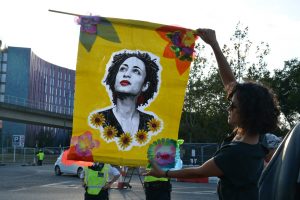
Marielle Franco was a highly popular Rio de Janeiro community activist, and politician from the Radical Left Party of Socialism and Liberty (PSOL). A black, bisexual, single mother, she campaigned against police violence, poverty, and racism, and for LGBT rights and social and economic justice.
She was a prominent thorn in the side of the police, militia, and right-wing politicians. On March 14 2018, she was murdered, shot dead along with her driver. The murder was widely suspected of being the work of armed militia.
Following a year-long investigation, civil police arrested two men, both former police officers. Investigators believe they are members of the Escritório do Crime – the Office of Crime – a notorious hit-squad. Both of the arrested men have associations with Brazil’s far-right President Jair Bolsonaro and his family, although there is no evidence that the Bolsonaro family are linked to the murder. A raid on the house of an associate of one of the suspects led to the seizure of 117 M-16 assault rifles, the largest such seizure in Rio’s history. The question of who ordered the killing of Marielle Franco remains to be answered.

